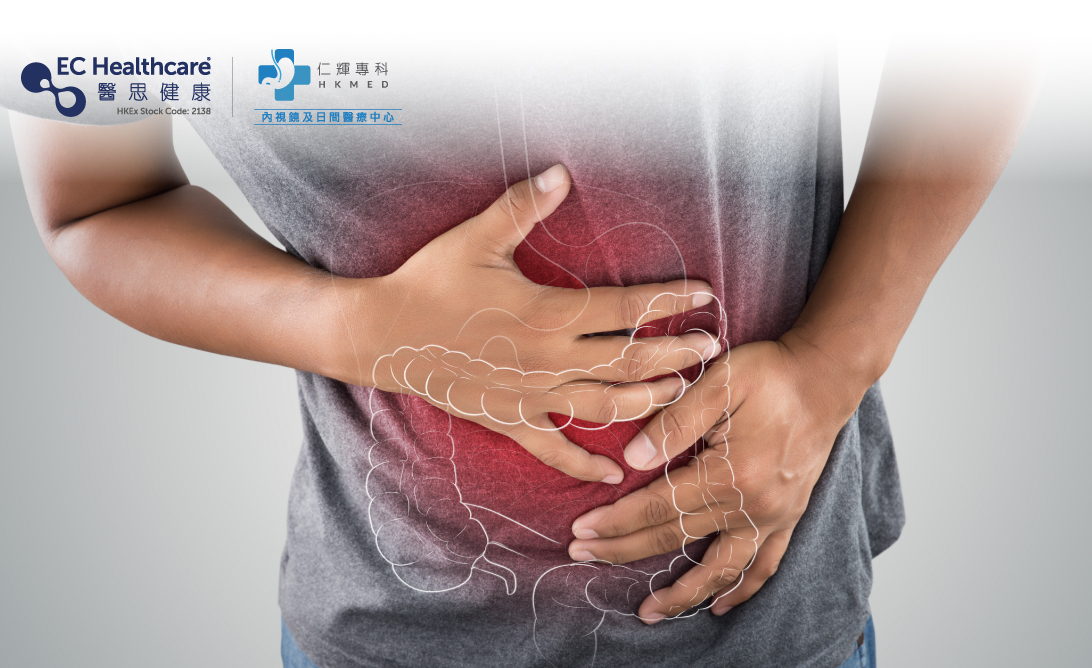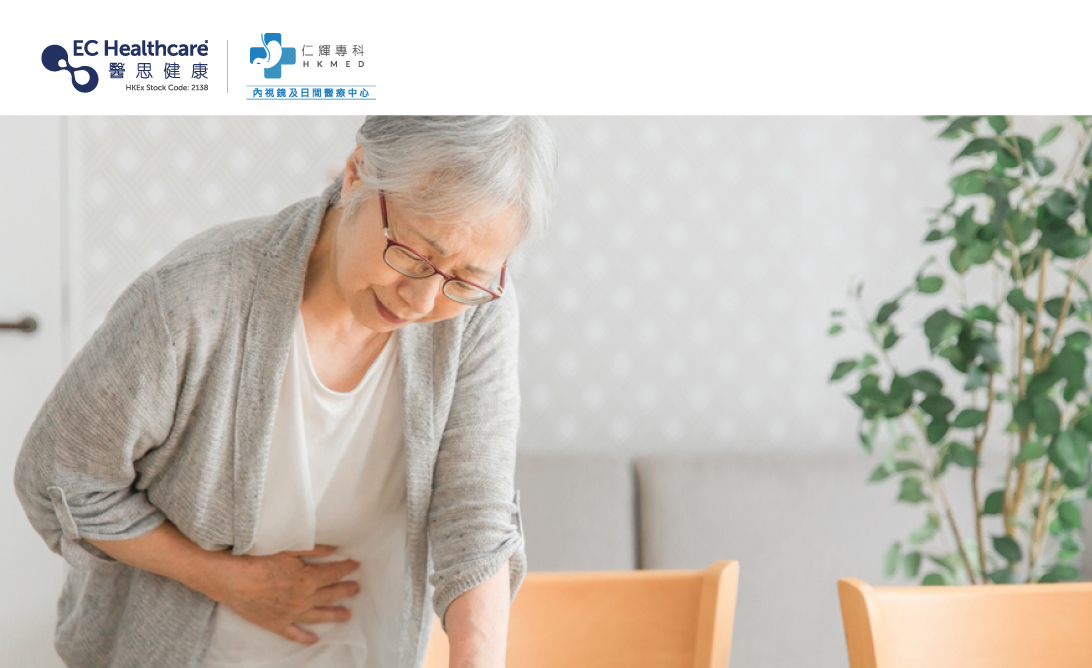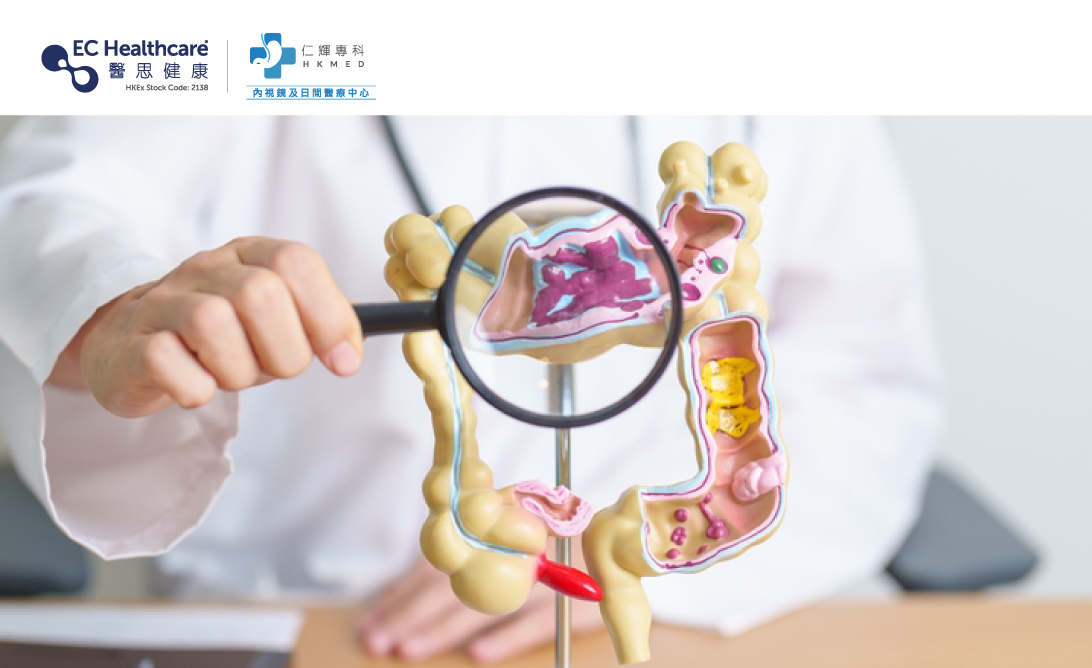1/3 of Colorectal Cancer Patients Have A Related Family History!


Watch out if you have family members or relatives diagnosed with colorectal cancer! American studies show that around one-third of colorectal cancer patients have a family history of the disease. Their risk for colorectal cancer is also 2 to 3 times higher than those without a family history. As colorectal cancer is becoming more common among young adults, we should receive an examination to detect the illness early!
Colorectal cancer is the most common cancer in Hong Kong and can be divided into colon cancer and rectal cancer. According to the statistics from the Hong Kong Cancer Registry of the Hospital Authority, colorectal cancer caused over 5,000 local new cases and over 2,000 deaths in 2015. The risk for colorectal cancer generally increases with age. The incidence of cases and mortalities locally is concentrated in the mass of the population that is above 65 years old.
Research findings from the Chinese University of Hong Kong also show a young-shift in colorectal cancer in recent years, with a rising incidence for people under the age of 55 but a decline for those aged over 55. Clinical statistics show an increasing number of young colorectal cancer patients, some of whom are even in their 30s.
Unfortunately, young patients are more likely to present with more aggressive, metastatic cancers. Nearly half of the cases have advanced to stages 3 and 4 upon diagnosis, which are intermediate to late-stage colorectal cancers. The five-year survival rate is 68.7% for stage 3 cancer, and only 9.3% for stage 4 cancer.
Many factors can contribute to the young-shift. Apart from a family history of colorectal cancer, a prolonged unhealthy diet such as excessive consumption of animal fat, processed meat and alcohol can also lead to colorectal cancer.
Colorectal cancer has inconspicuous symptoms at its early stage, and can be mistaken for other gastrointestinal diseases. To facilitate diagnosis and treatment within the right timing, you should receive a colonoscopy after the age of 50. If you have close relatives who are diagnosed with colorectal cancer, you should receive an examination after their diagnosis or when you reach the age of 40. The earlier the diagnosis, the higher the treatment success rate.
Related Brands







